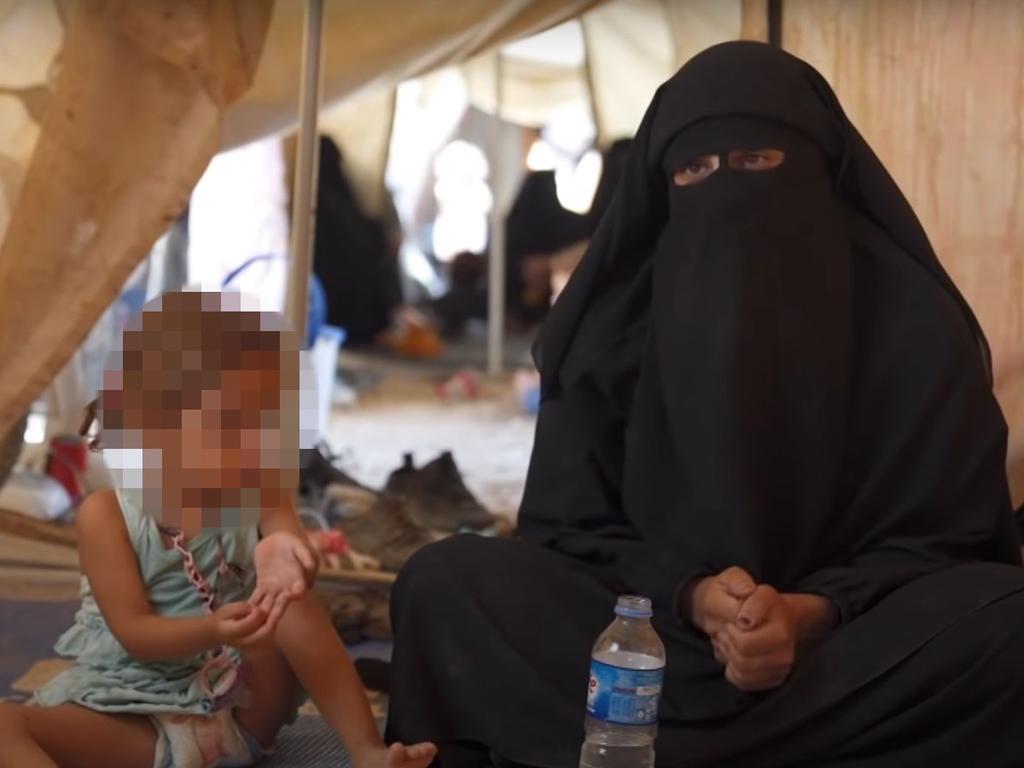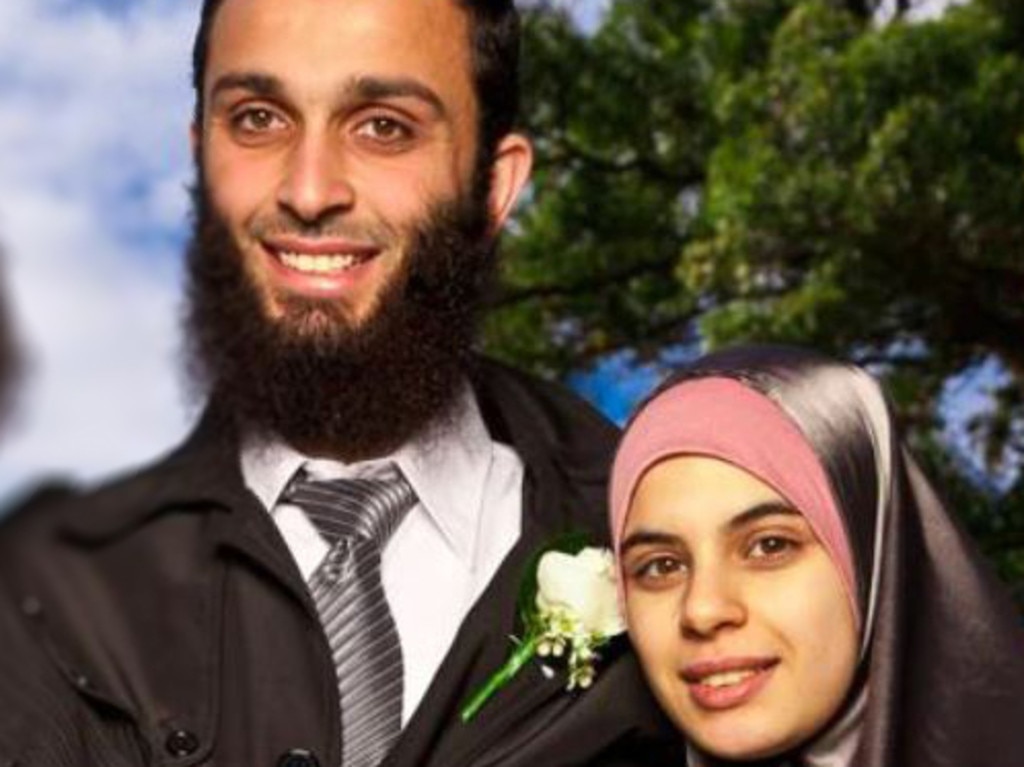Missile terrorist to return to NSW country town after prison
A convicted IS terrorist related to ‘ISIS bride’ Mariam Raad is expected to return to the NSW town of Young on his release from prison, angering residents.
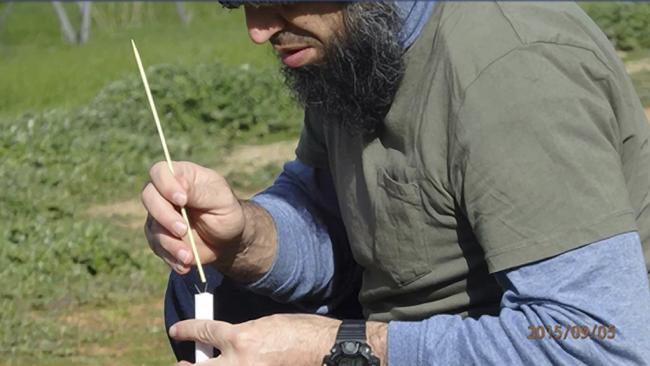
A convicted Islamic State terrorist linked by marriage to “ISIS bride” Mariam Raad is expected to return to his home in the rural NSW town of Young after his release from prison this year, angering residents already reeling from the arrest last week of the 31-year-old mother of four.
Haisem Zahab was arrested in Young in 2017 and later jailed for nine years with a non-parole period of six years and nine months for designing guided missiles and laser warning devices for Islamic State.
The highly skilled electrical engineer is the cousin of now-deceased Islamic State fighter Muhammad Zahab, whose widow Ms Raad, was charged last week with entering an ISIS-controlled area, believed to be the Syrian city of Raqqa.
Ms Raad was released on bail to continue living in Young.
A former Sydney maths teacher, Muhammad Zahab became a prolific Islamic State recruiter and was responsible for luring dozens of his family members to Syria before being killed in a targeted air strike in 2018.
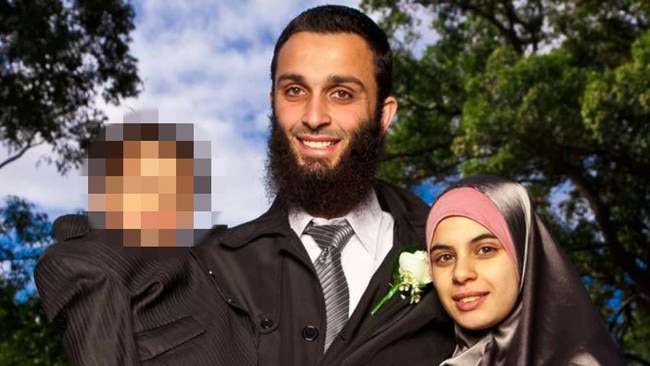
The two families are close. Members of the Raad family gave character evidence at Haisem Zahab’s 2019 sentencing, describing him as “reliable and trustworthy” after he pleaded guilty to knowingly providing support or resources to a terrorist organisation.
Zahab moved to Young from Sydney in 2012 claiming to be looking for a “quieter life in the country” but built and tested guided rockets on the cherry orchard hobby farm on the outskirts of town where he lived with his wife and six children.
Since being jailed the one-time solar panel installer has complained that his family has been “terrorised” by locals who arrive at their house late at night and create loud disturbances
Zahab unsuccessfully appealed his sentence on the grounds that he had renounced Islamic State and this made his prison conditions – in Goulburn’s high-security Supermax, among Australia’s most dangerous convicted terrorists – extremely onerous.
A clinical psychologist’s report on Zahab said his arrest had been highly traumatic for his family “given the sudden and dramatic nature of the police raid”, when police reportedly blew down the front door with explosives and held guns to family members’ heads.
Zahab told the psychologist that since his arrest locals would come to his family home “sightseeing”.
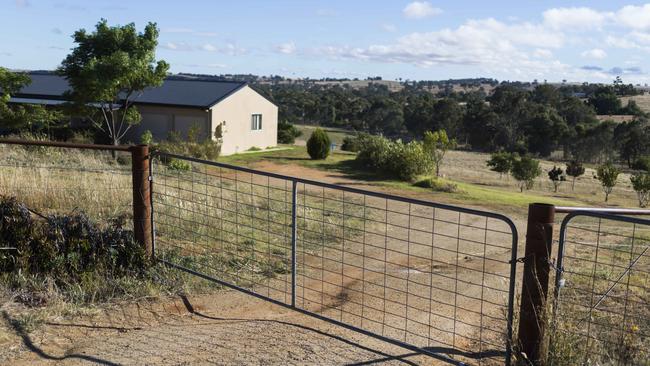
“Some hoons went to the front gate in utes and terrorised the family,” he said. The family continued to be affected by noises in the night, he said.
His wife, Mervat Zahab, had been shunned by the community, had suffered a stroke as a result of the stress and wanted to sell the house, he claimed.
However, property records show the 4ha property, which Zahab bought in 2012 for $360,000 is still owned by the family.
Young in recent years has become known as “the unofficial Muslim capital of the outback”, with at least 500 permanent residents identifying as Muslim and many more flocking to the town during holiday periods.
The establishment of halal abattoirs almost a decade ago saw an influx of Muslim families and workers, especially of Lebanese heritage, migrate to the small rural town.
With time already served from his arrest in 2017, Haisem Zahab becomes eligible for parole in December this year.
Many Young locals – including members of the Muslim community – are dismayed at the prospect of him returning to live in the town.
However, neighbour Kerry Barr, 78, said she had a lot of sympathy for Mervat Zahab, who came to her house and apologised after her husband’s arrest.
“She was crying and shaking,” recalled Ms Barr. “She said ‘I’m sorry if you were frightened.’ I don’t think she really knew what was going on. She’s a very pleasant neighbour.”
Ms Barr, a retired schoolteacher, said Haisem Zahab had paid for his crime and deserved a chance.
“I hope there’s no trouble. He’s had a lot of time to think about how he was conned.”
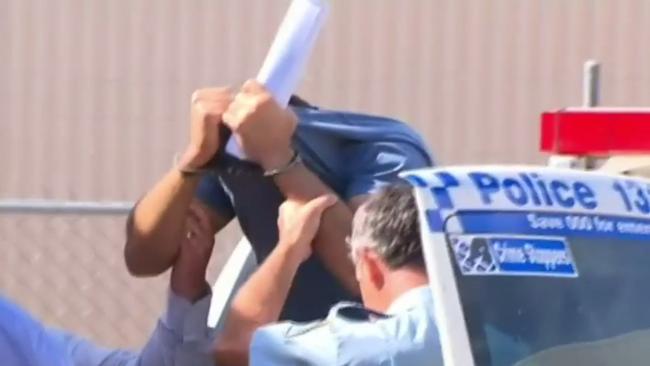
The eldest son of Lebanese migrants, Zahab was born in Bankstown, Sydney, and attended Bankstown Boys High School.
At the time of his arrest, he was running an online business named OzSurvivalGear from the Young property, selling items such as torches and Swiss army knives. The year before his arrest he was convicted of possessing cannabis and an unlicensed .177 air rifle.
At around the same time, Zahab’s uncle, Hicham Zahab, was arrested by Kuwaiti authorities as a suspected member of a major Islamic State arms-smuggling ring that had organised the purchase of Chinese-made FN-6 surface-to-air missiles.
Islamic State had begun manufacturing unguided rockets on an industrialised scale but lacked the technical expertise to produce guided rockets.
Zahab was determined to fill the gap, working every day for six months using hobby rocketry and computer software to perfect his design, some of which featured 100kg warheads.
He bought rocket components claiming they were for his son who was “really into space” and test-flew them on his property.
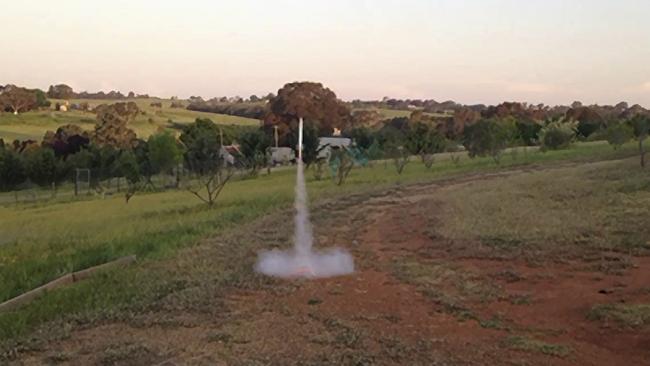
Zahab researched how to make ammonium nitrate, which can be used in the explosive composition mixture for the warhead of a rocket. He later sent Islamic State “a full chemical munitions cookbook”.
Zahab was in contact via Twitter with the notorious British terrorist and Islamic State recruiter Sally-Anne Jones, also known as “the White Widow”, now believed dead in an air strike.
He was passing his technical designs to British Islamic State member Samata Ullah, known as “the Cufflink terrorist” because he used a James Bond-style USB cufflink to store data. Ullah was later jailed in the UK for eight years.
Zahab used online profiles tagged “I’m back kuffar! So die in your rage” and “Victory or Martyrdom”. Sentencing Zahab, NSW Supreme Court Justice Geoffrey Bellew said he was “guarded” about the now 48-year-old’s prospects of rehabilitation.
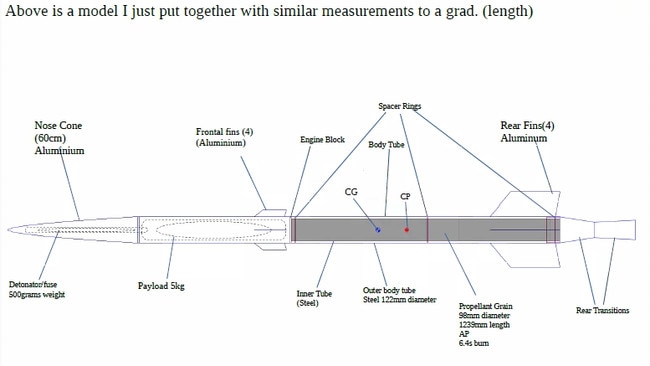
He viewed Zahab’s claims to have renounced Islamic State with “considerable scepticism”, noting that he had continued to refuse to provide police with passwords to his phone and an encrypted USB stick that could have unlocked further incriminating evidence.
Justice Bellew found that the assistance Zahab provided to Islamic State “was both substantial and tangible” and rejected as “fanciful” his claim that he was unaware of the evil nature of the terror group.
“His evidence essentially amounts to the proposition that he was living a hermit-like existence, cloistered in something akin to a hermetically-sealed bubble,” Justice Bellew said.
“The fact of the matter is that like the rest of the world’s population, the offender had become aware of the atrocities committed by Islamic State,” Justice Bellew said.
“His level of dedication to that organisation saw him choose to ignore what had come to his attention.”


